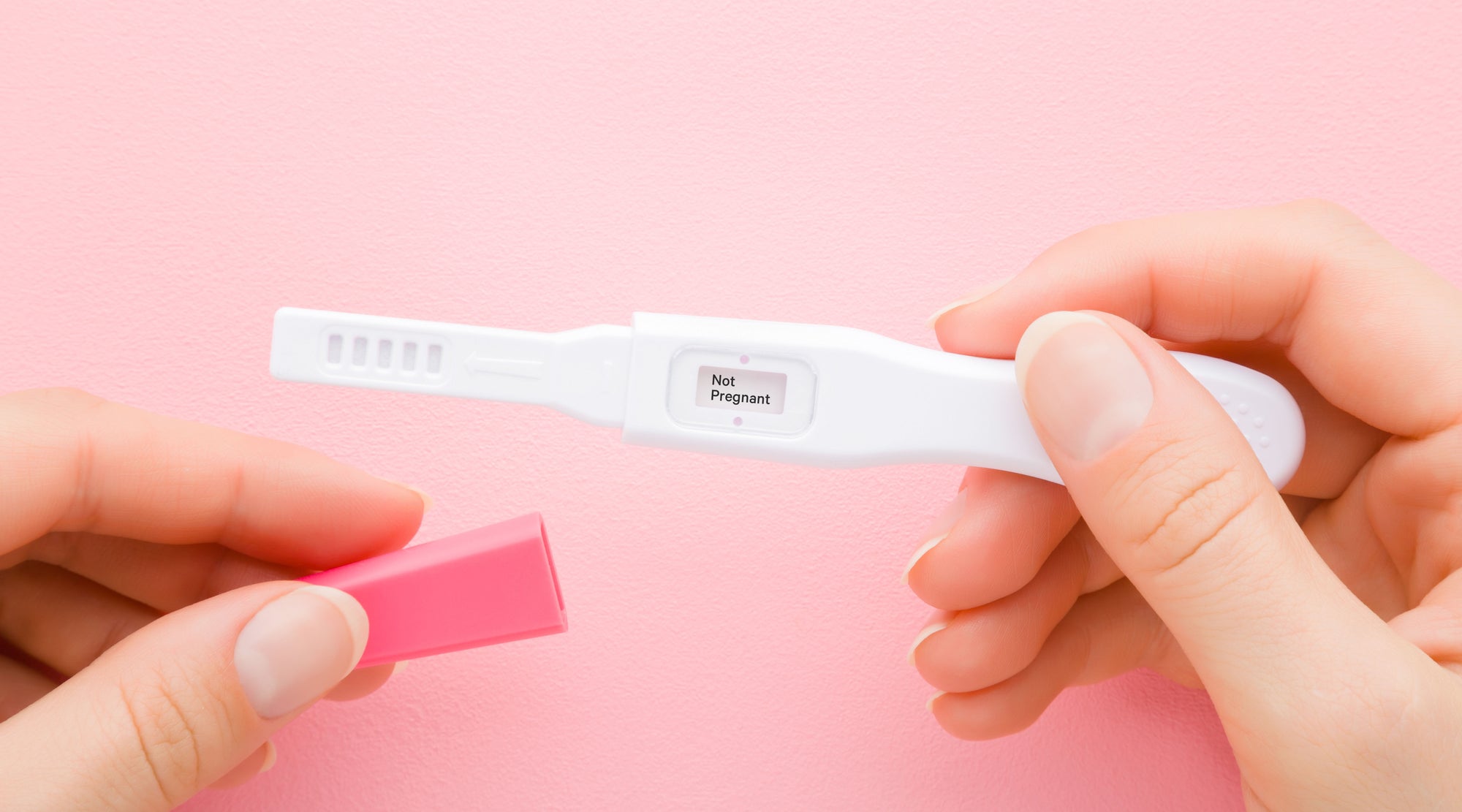

· By Haley Walker
How Common is Female Infertility?
If you’re curious if female infertility is a common issue, the short answer is –yes, it is fairly common. We’re seeing the subject addressed more and more in mainstream media, even the popular childhood series Bluey wrote an infertility episode to help families navigate this sensitive topic. But understanding how it affects women requires taking a closer look at some of the common symptoms, causes, and treatments of female infertility.
Approximately 12% to 15% of couples struggle with infertility and about 33% of the time it’s a result of female infertility. For a woman to become pregnant, every single step in the five-part human reproductive process has to happen properly. When you factor in all the moving parts from ovulation to fertilization, transportation to implantation, and finally gestation, it’s a bit easier to understand why this process is so difficult for some.
What is Female Infertility
The main symptom of infertility is the inability to become pregnant or carry a pregnancy to delivery, despite actively trying for at least one year. It’s a pretty even split on whether infertility is caused by the woman (33% of the time), the man (33% of the time), or a combination of the two (33% of the time). However, if the woman is determined to be the factor in a couple’s inability to conceive, this is known as female infertility.
What Causes Female Infertility
There are many causes of female infertility. As mentioned previously –there is a five-step process that must occur (without a hitch) inside the woman’s body, to become pregnant and carry a healthy pregnancy to term.
-
Ovulation - Your body has to release a mature egg for fertilization. Many common egg and ovulatory disorders like polycystic ovarian syndrome (PCOS), thyroid disease, diminished ovarian reserve, premature ovarian failure, poor egg quality, and aneuploidy can prohibit you from successfully ovulating.
-
Fertilization - The mature egg needs to travel into the fallopian tube to connect with the sperm. Tubal defects could obstruct this pathway, prohibiting the union of sperm and egg. And inflammation of the fallopian tubes can cause an unviable ectopic (tubal) pregnancy to occur.
-
Transportation - The fertilized egg must complete its journey into the uterus for implantation. Pelvic inflammatory disease, untreated sexually transmitted infections (STI), and abdominal or pelvic surgeries can limit the fertilized egg from making its final descent into the uterus.
-
Implantation - Once the mature, fertilized egg has made it safely to the uterus, it must now implant itself into the uterine lining. Uterine disorders like endometriosis, polyps, and fibroids are all capable of prohibiting this part of the process.
-
Gestation - The process of an embryo developing into a baby inside the womb. Spontaneous abortion (miscarriage), fetal demise (stillbirth), and preterm labor are a result of infertility at this stage. Many factors can contribute to the loss of pregnancy such as; high blood pressure, diabetes, poor lifestyle choices, autoimmune disorders, serious illness, and infections.
Risk Factors
Certain factors may put you at a higher risk of female infertility
-
Age - You’re born with all the eggs you’ll ever have so around age 30 we begin to see a decline in egg health and quantity.
-
Weight - Being severely over or underweight can affect ovulation.
-
Sexual history - Sexually transmitted infections can have lasting impacts on your reproductive system. Chlamydia and gonorrhea are known to cause damage to your fallopian tubes.
-
Smoking - Smoking increases your risk of miscarriage and ectopic pregnancy while decreasing the quality and quantity of your egg reserves.
-
Alcohol - Excessive alcohol consumption can cause female infertility.
-
Drug use - Recreational and illegal drugs can disrupt the body systems responsible for reproduction.
Diagnosis and Treatments
A diagnosis is determined by collecting the medical and sexual history of both partners. Typically, your doctor will want to conduct a tubal evaluation hysterosalpingogram (HSG) and determine the number of eggs that remain through ovarian reserve testing. Once the doctor has concluded the cause of your infertility, treatment plans generally consist of medical procedures combined with fertility medications:
-
Common medications: Crinone (progesterone gel), Cetrotide (cetrorelix), Clomid (clomiphene citrate), Metformin for PCOS
-
Common procedures: In vitro fertilization (IVF), intrauterine insemination (IUI), artificial insemination (AI), and intracytoplasmic sperm injection (ICSI)
Two-thirds of respondents in an infertility survey conducted by SingleCare claimed they tried natural remedies, or a combination of natural remedies and medical interventions to help them conceive. Our Fertility Support capsules, and our Fertility Tea both contain essential vitamins and nutrients to support ovulation, hormone levels, and fertility wellness. Our Fertility Sweets –which are approved for male and female consumption, are a tasty way to get libido-boosting levels of B6, as well as the proper amount of Folate and Zinc to support egg and embryo health.
Unexplained Infertility
If testing fails to reveal any obvious cause of your infertility, this is referred to as unexplained infertility. Unexplained infertility is typically the result of several minor factors in both partners, for this reason, doctors only diagnose unexplained infertility after both partners have undergone a complete fertility evaluation.
Secondary Infertility
Secondary infertility is defined as the inability to become pregnant or carry a baby to term after previously giving birth. Complications related to a past pregnancy, age, weight, endometriosis, high blood pressure, and scarring or damage to the fallopian tubes and uterus are all factors that can contribute to secondary infertility.
Infertility is a difficult subject to navigate, and an even more difficult diagnosis to receive. If you’re experiencing infertility and are having trouble coping, seek the support of your spouse, family, friends, and medical professionals.
To learn more we suggest you check out:




































